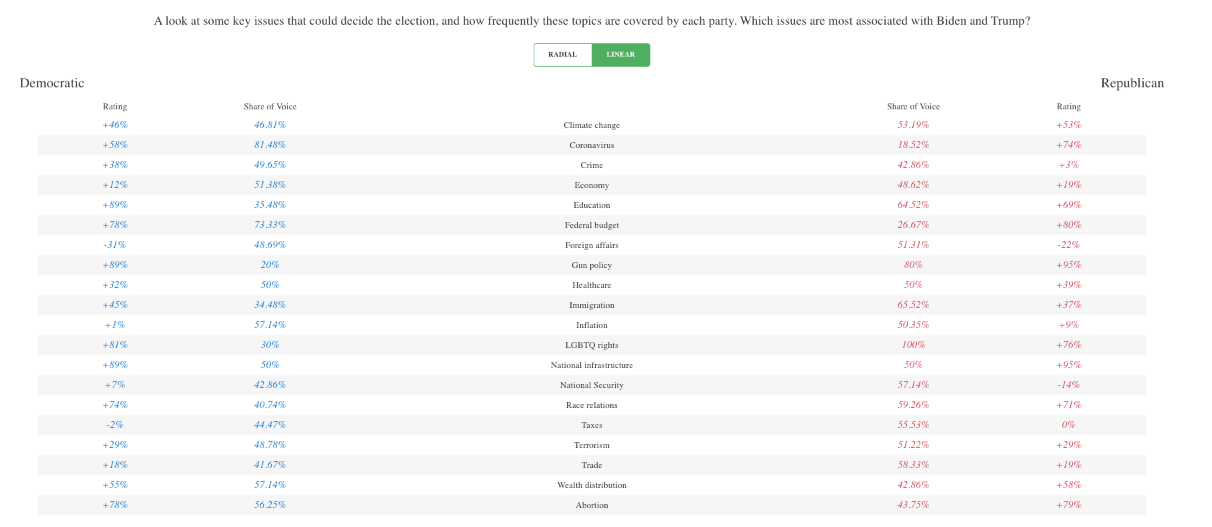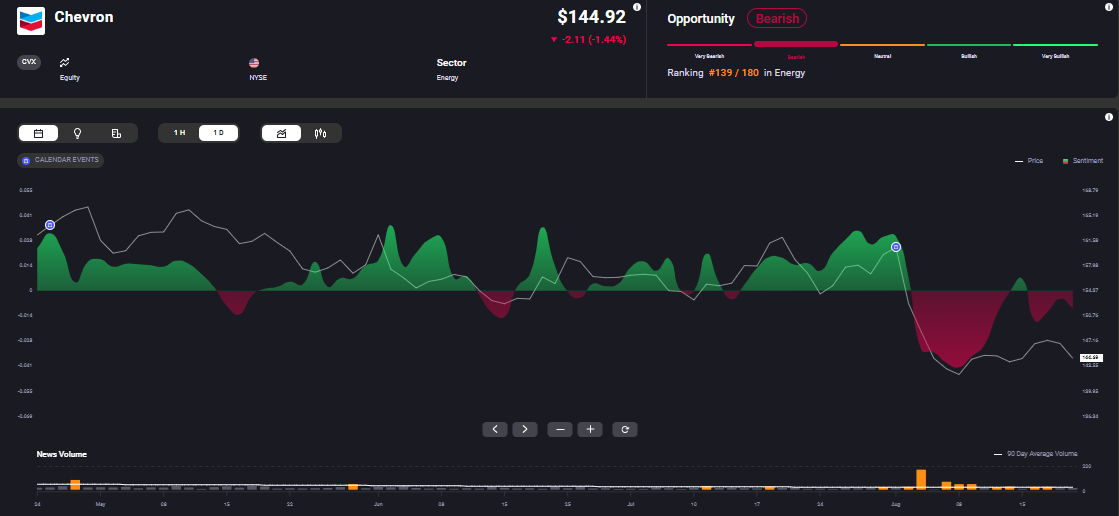With the entry of Kamala Harris in the US presidential race, confidence in a potential Democratic victory in November has strengthened. Within a month of replacing Joe Biden as the Democratic candidate, Harris was leading in the polls against Donald Trump. And if historical stock market data is anything to go by, the strong year-to-date performance of US indices signals a 64% probability that Kamala Harris will be the next US President.
Both Harris and Trump have outlined their plans to combat inflation and stabilise the economy. Here’s a look at what a Harris win could mean for America.
Kamala Harris’ Economic Agenda
Although Vice President Harris hasn’t gone into the finer details, she has offered broad outlines of her “more forward-looking” economic plan. She intends to focus on reducing the financial burden on American families by lowering the cost of food, housing, healthcare and childcare. “As President, I will be laser-focused on creating opportunities for the middle class that advance their economic security, stability and dignity,” Time quoted Harris as saying.
The key measures she intends to implement within the first 100 days in office include:
- Ban of corporate price gouging: Following the 26% overall increase in grocery prices in the US since 2019, Harris will empower the Federal Trade Commission (FTC) and state attorney generals to keep a check on grocery price gouging by levying heavy penalties against grocery chains found to implement “excessive” price increases.
- Affordable housing: VP Harris' economic plan includes the building of 3 million new homes across America over the next 4 years. Increasing home supply is expected to ease the existing housing affordability crisis in the US. The plan also includes expanding tax credits for developers that construct more affordable “starter homes,” along with funding of $40 billion for local housing solutions.
- Assistance for first-time homebuyers: Given that interest rates are still at record highs and rate cuts will take time to have an effect, the Harris government will provide up to $25,000 in down payment assistance for people buying their first home. This aid will be available to those who have a record of consistent rent payments for the past 2 years.
- Ban Crackdown on bulk home buying and rent hikes: Wall Street investors will be banned from buying homes in bulk for reselling purposes. In addition, measures have been proposed to crackdown on stop data firms that landlords use to fix prices, to prevent companies from raising lease rates being raised for renters.
- Prescription drug caps: Kamala Harris intends to expand the recently enacted $35 price cap on insulin medications by the Biden Administration from seniors on Medicare to all Americans. Also, annual out-of-pocket prescription drug costs will be limited to $2,000 for everyone.
- Expansion of child tax credits: The economic plan includes a new tax credit of $6,000 during the first year of their child’s life for families with a newborn. This will allow families to better afford essentials for their children, such as diapers, car seats, etc. Currently, most families do not get paid family leave and continue working to meet their child's needs. The expanded tax credit will allow such families the flexibility to spend more time with their children.
While all these measures will put more money into the average American’s pocket, there is no clarity on how VP Harris intends to pay for these subsidies. Without adequate measures, the economic plan will only add to the $2 trillion and rising US debt. Interest payments on federal debt are predicted to reach a record 3.4% of the GDP in 2025.
Against this backdrop, the subsidies would put additional pressure on interest rates and inflation. These are critical issues that could determine the fate of the November elections, with “economy” and “federal budget” having a high share of voice for the Democrats, as can be seen in the Monosnap widget.

What Does a Harris Win Mean for Investors?
The initial reaction of the markets could be cautious, given that a Harris win could lead to rising corporate taxes and stricter regulations. On the other hand, the stability of a predictable president (compared to Donald Trump) might lead to market optimism.
Given Kamala Harris’ focus, the sectors that are likely to benefit if she becomes president include:
- Healthcare: The focus on healthcare reforms could provide opportunities for companies in the sector. We can already see optimistic sentiment towards healthcare stocks, with Acuity’s AssetIQ widget signalling a bullish opportunity on Eli Lilly.

- Green energy: Kamala Harris is likely to focus on improving the prospects of the clean energy and associated technology sectors. This spells good news for renewable energy companies.
- Infrastructure: Harris is likely to continue the Biden administration’s infrastructure focus. This means companies involved in engineering, construction and materials might see higher demand.
Sectors that could face pressure include:
- Finance: Financial institutions and service providers might face increased regulatory oversight, potentially affecting profitability.
- Traditional energy: Oil and gas companies could face headwinds due to the push to transition to cleaner energy sources. One of the largest US energy stocks, Chevron, is on a downtrend, declining 3.20% YTD, as of August 21, 2024. Acuity's AssetIQ widget shows that the bearish opportunity on the stock is likely to continue.

The markets are likely to remain volatile leading up to November 5. Therefore, ensuring a well-diversified portfolio and access to real-time market news and sentiment data is invaluable. However, such election-related market moves tend to be short-lived, and the markets will stabilise fairly quickly after the results are known.